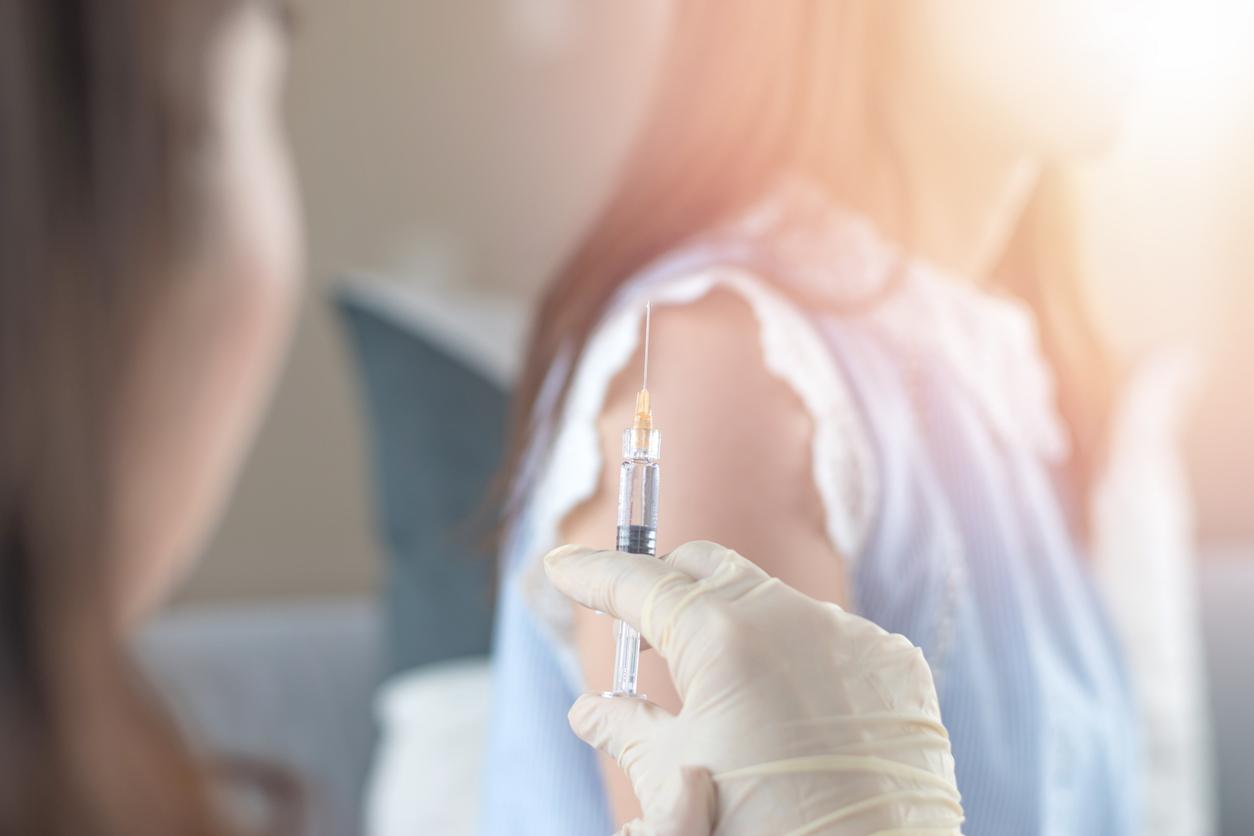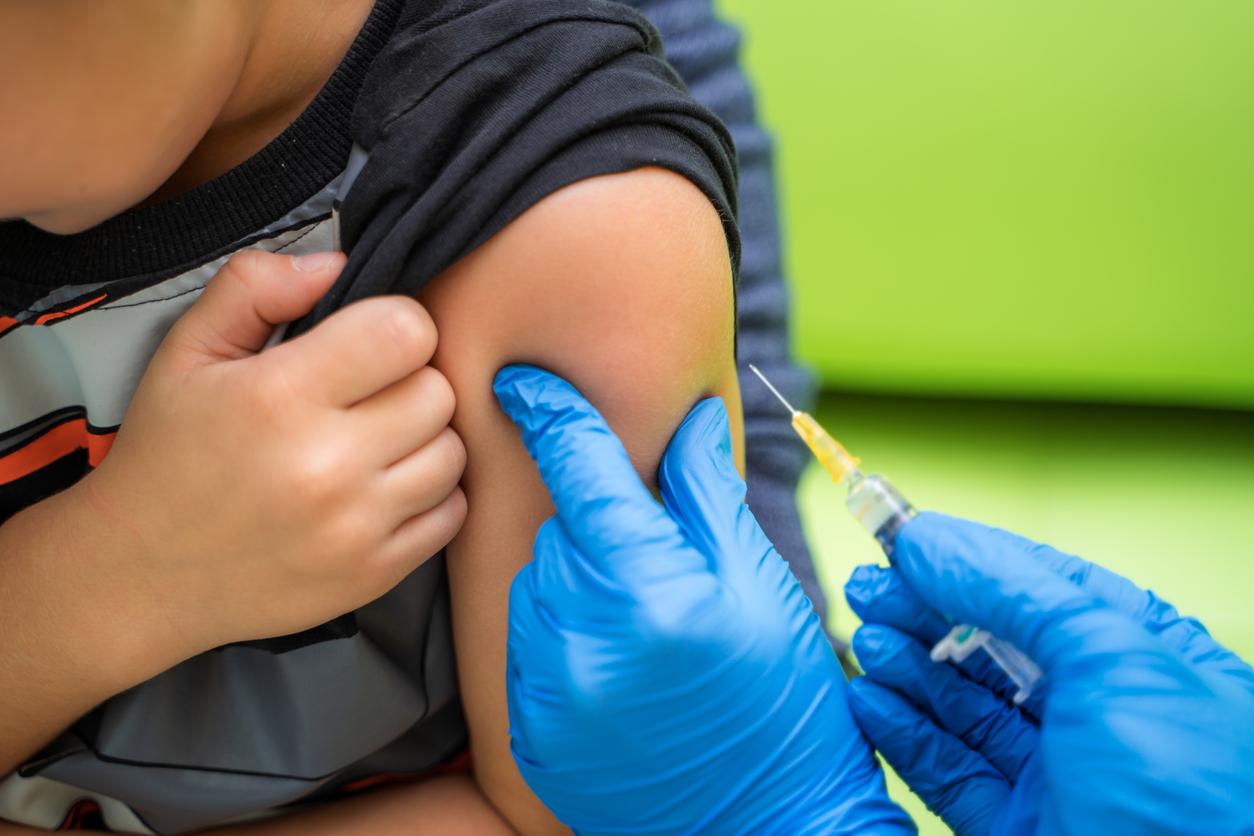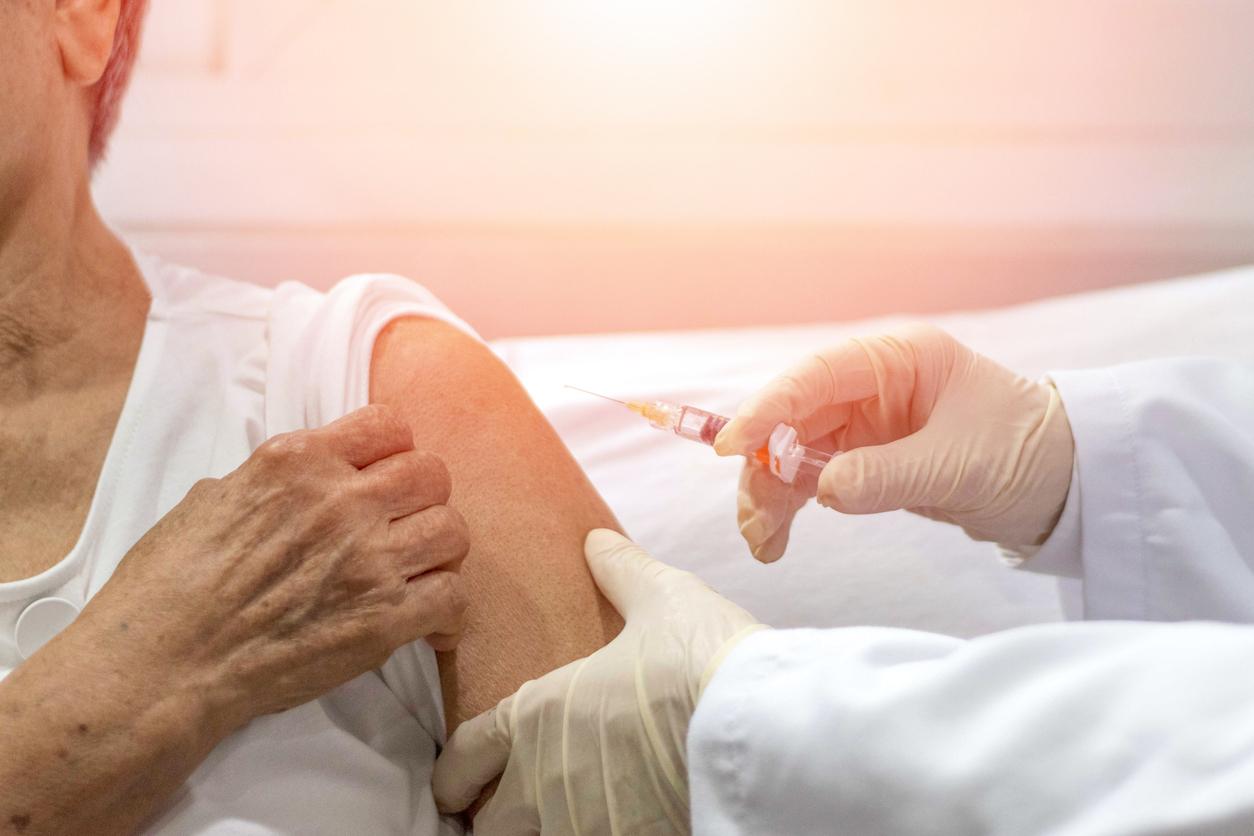Australian scientists have revealed that the meningitis B vaccine may improve protection against gonorrhea, a sexually transmitted disease that can increase the risk of contracting HIV.

- Gonorrhea is a sexually transmitted infection (STI) caused by the bacteria Neisseria gonorrhoeae. It is usually transmitted through sexual contact.
- Most people affected by gonorrhea are between the ages of 15 and 49.
In Australia, the government has funded a meningitis B vaccination campaign, open to children aged 0-3 years since October 1, 2018, adolescents aged 15-16 and young adults aged 17-20 since February 1, 2019. Two years after the implementation of this program, researchers from the Australian University of Adelaide and the Women’s and Children’s Health Network wanted to evaluate the effectiveness of the vaccine against serogroup B meningococcal disease and gonorrhea. For this, they made a study published in the journal The Lancet Infectious Diseases April 12.
In order to carry out their work, the scientists analyzed data on vaccination coverage through an Australian vaccination registry and information on the number of cases of meningitis B and gonorrhea in the country. “Vaccine effectiveness was estimated as the reduction in the chance of infection using screening and case control methods. Vaccine impact was estimated as incidence rate ratios obtained by comparing the number of cases each year before and after the start of the vaccination program”, the authors said.
Effective at about 33%
According to the results, the incidence of serogroup B meningococcal infections was significantly reduced in infants aged 12 weeks to 11 months, but not in children aged one, two or four years. “Two doses of the meningitis vaccine were 32.7% effective against gonorrhea in adolescents and young adults,” can we read in the searches.
“The unprecedented scale of Australia’s meningitis vaccination program provides valuable real-world evidence of vaccine effectiveness against meningitis in children and adolescents, and against gonorrhea in adolescents and young people. information is essential for the establishment of global meningitis immunization programs and policy decisions”, said Helen Marshall, lead author of the study, in a statement.
.

















